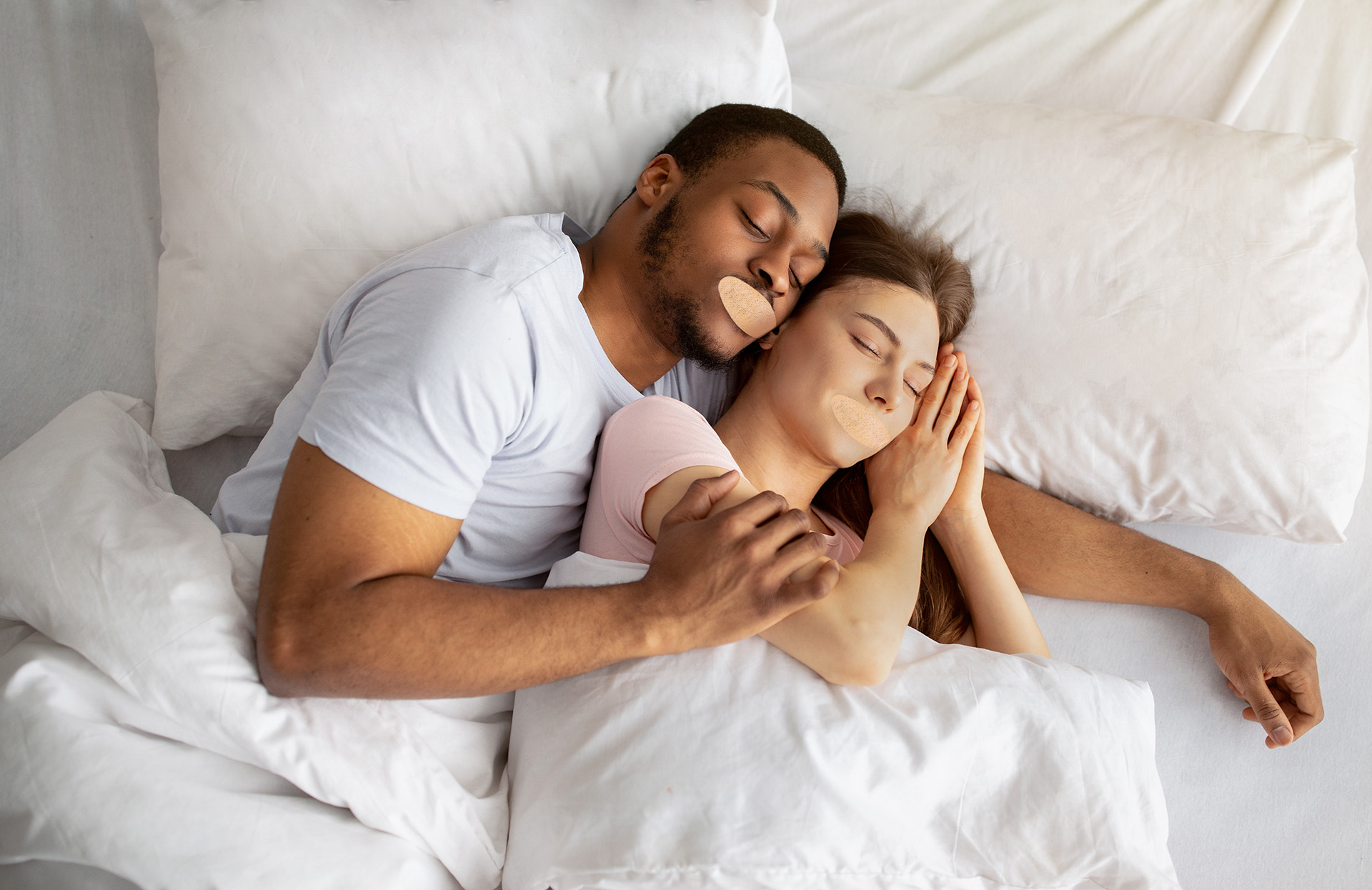Sleep is a vital component of human health, replenishing the body and mind to take on a new day. However, various factors can interfere with the quality of sleep we get, including teeth grinding and snoring. Nighttime mouth guards, devices commonly used in dentistry, have been found to be highly beneficial in such cases, contributing to both improved sleep and oral health.
The Problem of Teeth Grinding
Bruxism, or teeth grinding, is a common condition where individuals unconsciously clench or grind their teeth, often during sleep. Left unmanaged, bruxism can lead to a range of dental problems including tooth wear and breakage, gum disease, and temporomandibular joint disorders (TMD). It can also lead to sleep disruptions and conditions such as insomnia.
Mouth Guards for Bruxism
Mouth guards, also known as night guards or dental guards, are custom-fit devices designed to be worn over the teeth during sleep. They act as a protective barrier between the upper and lower teeth, preventing the damaging effects of grinding and clenching. By cushioning the teeth, they also help alleviate the strain on the jaw muscles and joints, which can reduce TMD-related pain and headaches.
Snoring and Sleep Apnea
Snoring, though often seen as merely an annoyance, can be an indication of a more serious condition like obstructive sleep apnea (OSA). This condition is characterized by repeated episodes of partial or complete blockage of the upper airway during sleep, leading to disrupted sleep and various health risks.
Mouth Guards for Snoring and Sleep Apnea
In cases of mild to moderate sleep apnea and habitual snoring, a specific type of mouth guard, known as a mandibular advancement device (MAD), may be recommended. MADs work by repositioning the lower jaw forward, thereby opening up the airway to enable smoother, quieter breathing. This can significantly reduce snoring and improve the quality of sleep.
Conclusion
Nighttime mouth guards offer a non-invasive and effective approach to address common sleep disruptions like teeth grinding and snoring. They safeguard oral health, prevent dental complications, and enhance the quality of sleep, thereby improving overall wellbeing. If you suffer from symptoms of bruxism or sleep apnea, consult with a healthcare provider or a dentist to explore if a mouth guard could be a suitable solution for you.

